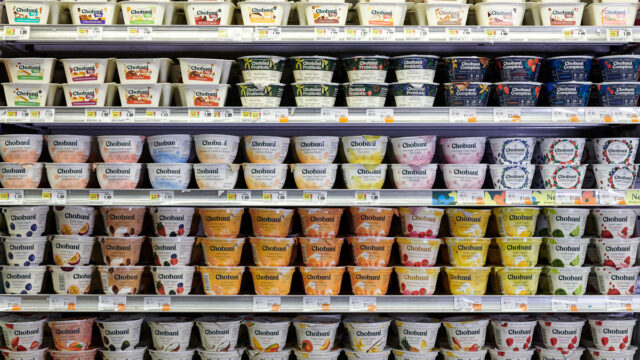It’s no secret that collaboration is essential to growth, but the how of it isn’t always so clear—and it’s the understanding of how that is a true competitive advantage. Join Adweek X, a uniquely formatted event on December 4 in LA, to unlock fresh perspectives, true collaboration and growth.
Just over one year ago, Unilever switched out the traditional CMO role for a marketing position that bridged sales and digital. Now the CPG giant, famously one of the world’s biggest advertisers, has reinstated the role. Well, almost.
On Thursday, the Dove and Ben & Jerry’s owner announced that Esi Eggleston Bracey, who currently leads its U.S. business and oversees the personal care division across North America, is set to take on the new position of chief growth and marketing officer.
Sources with knowledge of the matter told Adweek the decision had been made as the business looked to a new era of marketing and creative excellence, creator-generated content, digital growth, AI and performance marketing.
Bracey, previously honored by Adweek as a champion of diversity and inclusion, will now control a marketing budget estimated to be worth $8.3 billion.
Her promotion follows the departure of Unilever’s top marketer, Conny Braams, in August.
Though Braams was originally named Unilever’s chief marketing and digital officer (CMDO) in 2019, her title was updated to chief digital and commercial officer (CDCO) in 2022 to reflect the “blurring lines” between digital marketing and commerce.
“We can now build brands and convert sales at the same time, so why would [we] artificially split that?” Braams told Adweek at the time.
Bracey’s appointment was announced as part of a wide-ranging executive leadership update from CEO Hein Schumacher, who joined in July 2023 from European dairy outfit Royal FrieslandCampina.
Dan Rookwood, operating partner at growth capital firm VGC Partners, said the decision to not only reinstate the CMO role, but modify it, sends a powerful message.
“It’s about clearly linking marketing back to growth. And it’s about underlining the clear business value of building strong brands for the long term,” he said.
“This move will no doubt please Unilever investors. But it should also be seen by all as a powerful endorsement of the value and importance of marketing at a time when marketing budgets are under ever-growing pressure from chief financial officers hungry for cost-cutting and spending only on marketing activity with an immediate return.”


